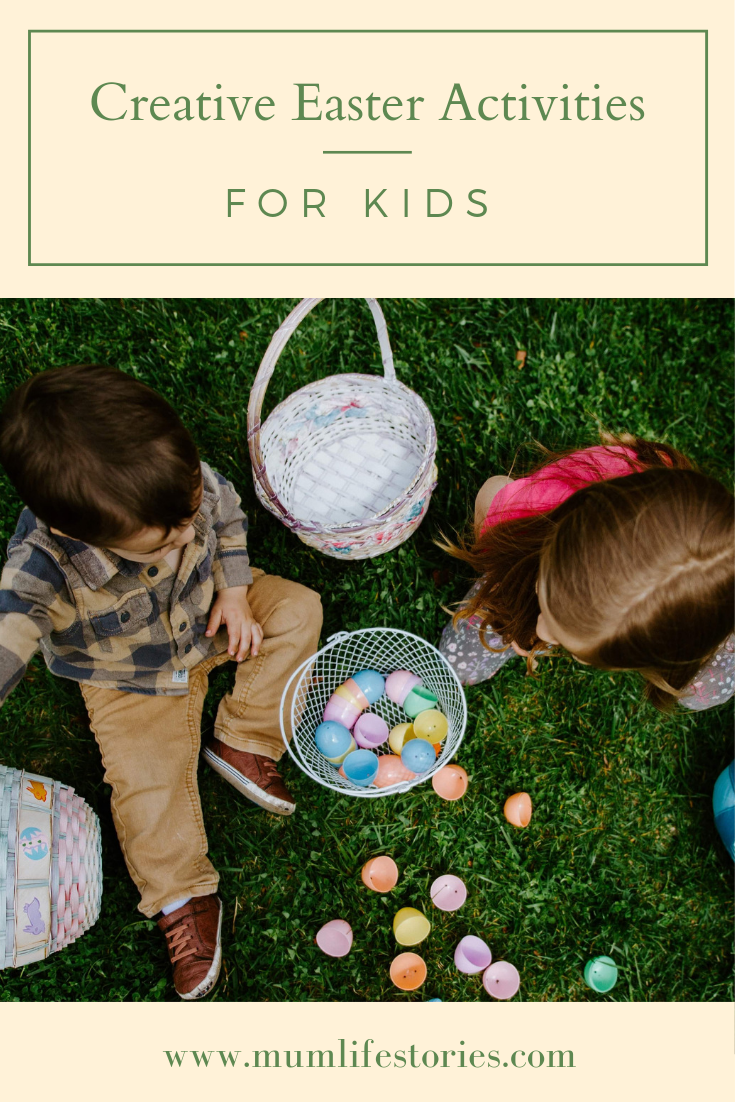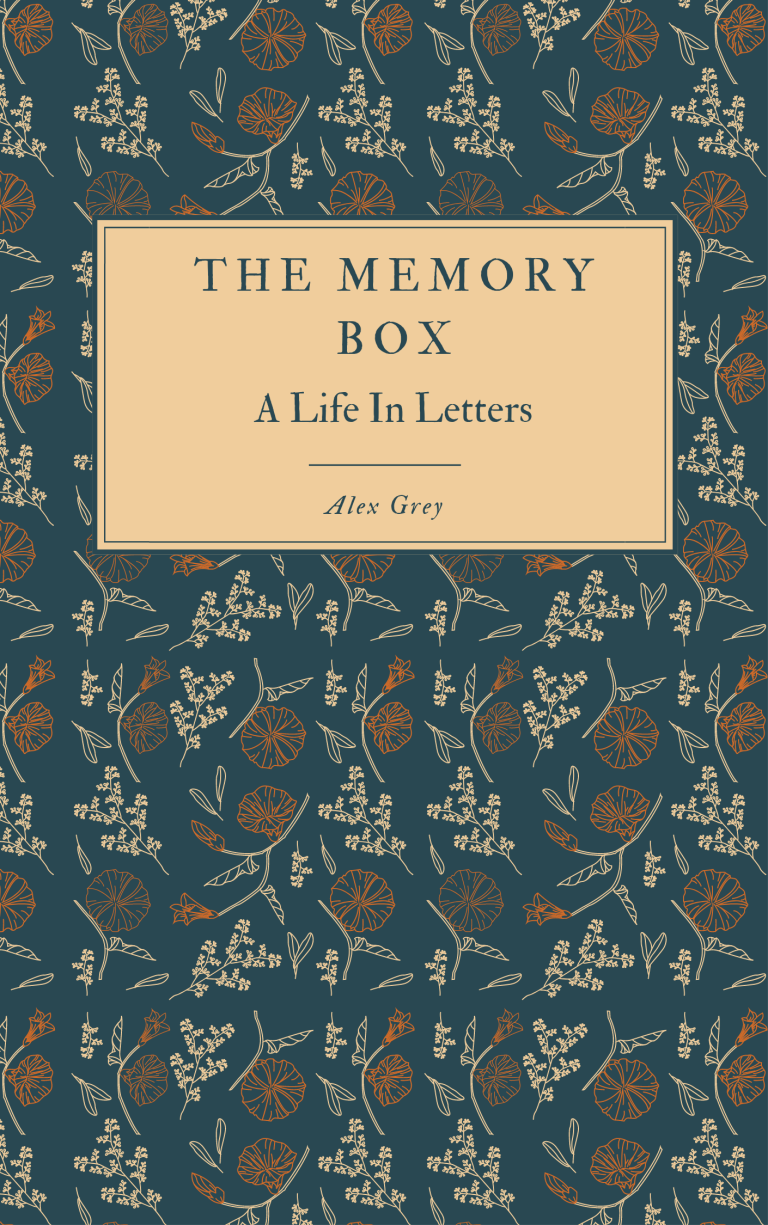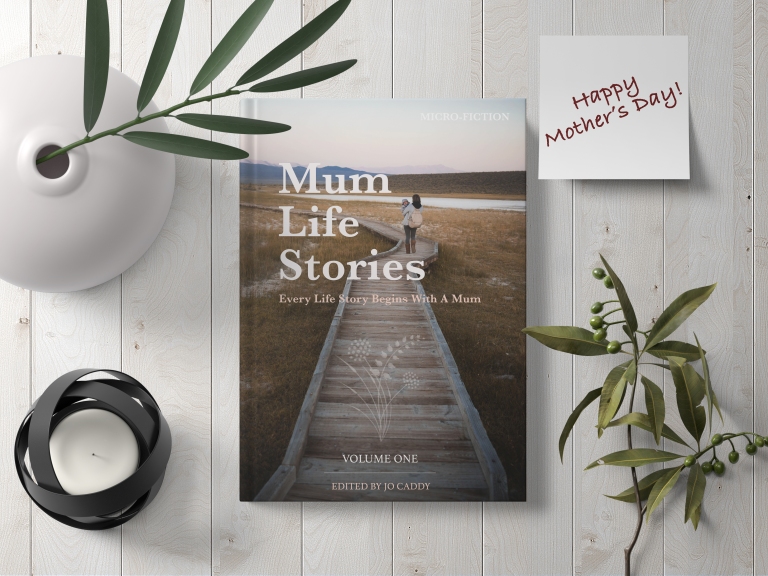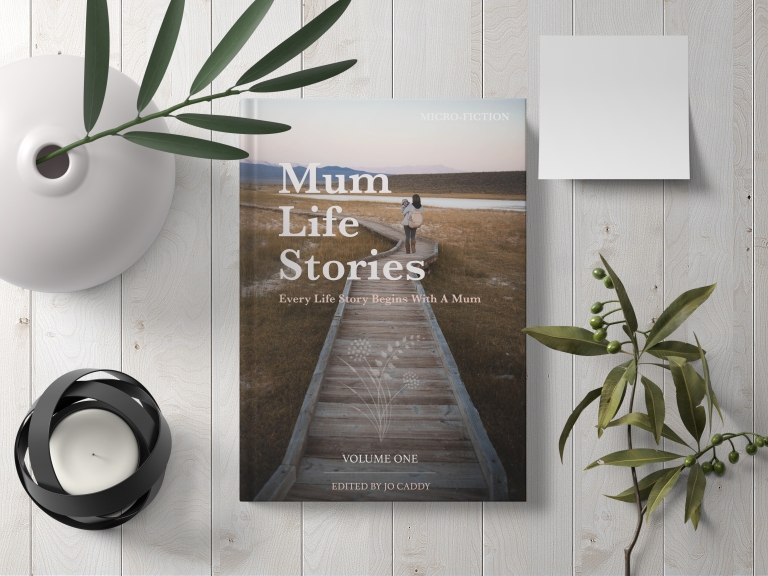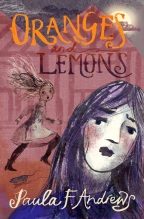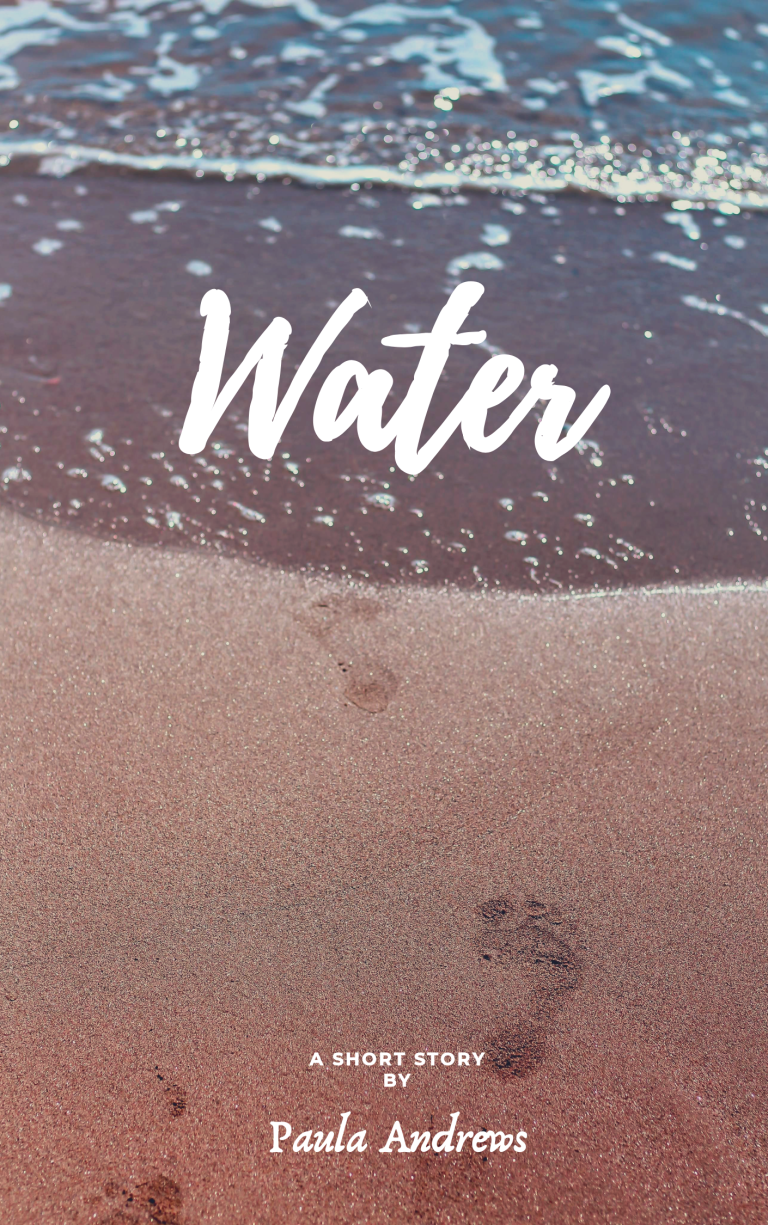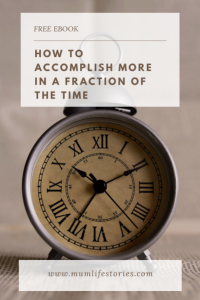I’d like to thank Alex Grey for her short story submission “The Memory Box – A Life In Letters” a touching tribute to the memories that make up a life gone by.
After a lifetime of writing technical non-fiction, Alex Grey is finally fulfilling her dream of writing poems and stories that engage the reader’s emotions. Her poems and short stories have been featured in a range of publications including Siren’s Call, Raconteur, Toasted Cheese, Short Edition and Little Old Lady Comedy. Alex is married to her long-suffering partner of 36 years; she does not have any children but is “mum” to two fur babies – greyhounds Alex and Saffy. Her ingredients for contentment are narrowboating, greyhounds, singing and chocolate – it’s a sweet life.
‘The Memory Box’ is a fictionalised account of a remarkable life and is dedicated to Renia, Alex’s mother-in-law, whose courage and resilience has always been an inspiration.
Photo by Cristian Newman on Unsplash
This page contains affiliate links which may earn me a small commission (at no extra cost to you) if you click through and make a purchase. Affiliate links are how I keep this blog going, thank you.
The Memory Box – A Life In Letters
That day, the nursing home’s ever-cheerful Activities Leader told us to use a memory box to reminisce with our loved ones.
I groaned. I knew the Activities Leader meant well but chasing my mother’s memories had become a tedious scavenger hunt as dementia hid them in the distant recesses of her brain and destroyed the clues that might lead me to them.
“We’re going to use the alphabet to think about places that your loved ones may have visited. Remember, don’t ask them to remember…” she paused, waiting for our weak laughter, “just ask them to tell you a story about a place that begins with that letter. Take your time and see how far you get.
I sat at the table with my mother, her blue-veined hands tapping out a tune that only she could hear. She smiled at me vacantly. I knew she couldn’t remember who I was, though she seemed to acknowledge that I was benign, something simple and pleasant like the institutional tea set and the cheap biscuits. My mother devoured them greedily, like a little girl at a rival’s birthday party. The activity room had a dozen tables like ours, covered with cheerful chintz tablecloths and circled with residents and their visitors in various degrees of torpor.
My eyes met those of another woman sitting at our table; her mother slumped in a wheelchair, crooning. We smiled briefly and looked away. You’d think there would have been some spark of empathy between us, but the long goodbye we were enduring was too painful, too personal to be shared.
“OK!” trilled the Activities Leader. “Let’s make a start. As you complete each card, just drop it into their memory box.”
“Look, we’re going to put things in here today.” I said.
I rattled the vintage biscuit tin that we were using as her memory box. I remembered when she’d bought the tin as a souvenir of a rare sightseeing trip to London; we’d eaten the biscuits with ceremony every Sunday teatime for a month. The lid had a picture of the Tower of London and the crown jewels. When it was empty, she kept her sewing things in there. Every time she reached for it to darn a jumper or patch a dress, she would rattle the tin and laugh,
“Will we find jewels in here today?”
I remember looking over her shoulder excitedly; she always hid a treasure in the tin for us – an amber bead, a tiny rag dolly or a fat toffee wrapped in shiny gold foil.
I shook my head; my mother’s sewing days were over. Today the faded and rusty-edged tin contained some trinkets and photographs from a previous memory exercise. On good days, we would take them out and she would nod, her wandering mind briefly meeting mine at a waypoint. On bad days, we drank tea and stared, the tin a bewilderment of junk between us.
I forced a smile and picked up the first alphabet card. My mother looked the other way, distracted by the conversations going on around her. I touched her hand and she frowned, unwilling to concentrate on the activity. She had always enjoyed people-watching, that was the best part of being in a nursing home, she told me, back when she had been aware of where she was.
“Look, mama.” I said, “Can you tell me a story about a place that begins with the letter A?”
She fingered the card, and then started talking. I wrote little notes on the cards – it helped me to keep track of her disjointed thoughts.
AUSTRIA: My uncle saved me from the slave farm, a miracle; I had a bath, when I was free of filth I was as light as an angel in heaven.
BELSEN: They measured me there, height, hands, head – I was judged – Aryan enough to live, but not enough to be free.
I sighed; she’d been telling us tales of her wartime enslavement all of our lives. We’d always moved her on, embarrassed, but now I was afraid that her mind would be trapped in that nightmare for the rest of her days.
“No mama, don’t think about the war, what about our lovely holidays?”
She looked rebellious, then carried on…
CHECKPOINT CHARLIE: We went to Poland with treats for my uncle hidden in the car seats; frightened, we willed the children not to betray our innocent smuggling.
DULWICH: We made our life there – our own house, large enough to last a lifetime, a green place to raise our children, respectable, rich, peaceful.
EALING: We all went there after the war; we spoke Polish and dreamed of the old country. Some sneered that it was just a new ghetto; stupid people – we had freedom, money, education. I went to college, met my Olek and made a new life.
I missed my father so much; he’d looked after Mama when she first became ill, back when we pretended that she was just tired, that it was normal to forget things from time to time. We told stories to make it alright, but it wasn’t. He died of grief and worry, leaving me with this responsibility.

I realised that I’d drifted off – I held up the F card…
FRANCE: A truckstop on the road to England; so scared; so alone, each girl so alone, together only in body and hope.
“Not the war, Mama, please…”
GHANA: Olek’s business trips, violence, distrust; I worried at home with the children; the money never came home, but Olek did. I was grateful.
HARRODS: The SALE on our doorstep, a proper sale – I bought a fur coat for a song; I was an aristocrat again.
That fur coat! I loathed it, but mama’s friends from the old country wore fur, it was what they did, a symbol of how they’re recovered from their refugee poverty. Who was I to tell her it was wrong when she was so proud? She made me try it on, said it would be a legacy for generations if I looked after it and kept it in the freezer. I cut it up and turned it into dog beds, horrible thing.
ITALY: Our first holiday after the war; We went to the eternal city. We went to St. Peter’s Square where the Holy Father prayed with us. I was so sick, I thought it was the food, but I had been blessed, with YOU my daughter, reaching for life.
Suddenly she reached for my face and looked straight into my eyes. A lump of hope leapt into my chest, I’d so longed for her to know me again.
“Mama!” I said
“Sandra.” She said, “Are you here to cut my hair?”
I turned back to the cards, trying to hide the tears in my eyes, the heat of my hope igniting my anger. She couldn’t help it. I gritted my teeth; she really couldn’t help it.
She grabbed the next card…
JAMAICA: Our first Caribbean cruise, the sun so hot, the island so green, the sky and sea so blue.
KRAKOW: We bought amber in the market, dined on Fois Gras in Wierzynek; toured the salt mines, grateful for our freedom; we bowed our heads and sobbed in Auschwitz.
We’d all sobbed there. I hadn’t wanted to go. I still wish that I’d never been there, but Mama said we must never forget. I will never forget. I hoped that she could let the camp’s silent eloquence slip away, but some experiences refused to sink into the pit of her lost memories.
LINZ: The slave market, sold into hard labour; I had a price, yet I was worth nothing.
MAGNIFICENT SEVEN: The undertaker said Olek should have a magnificent seven burial. I said yes, of course, Olek was a magnificent man, his ashes went to Brompton, where we had joined in marriage – I told him we’d meet again there.
NAZILAND: A plague of evil; they came to the house, took my father, shot him dead in the woods; my beloved daddy, his only crime was teaching the truth.
I willed her memory to reel back to happier days, before the war destroyed her childhood, even if meant that her memory of my childhood would be destroyed too.
ORATORY: Brompton, where we married; where we ate Polish doughnuts filled with rich plum curd.
POZNAN: Home with daddy and my beautiful mother; they were tall, like me. I remember servants. My sisters played with their dollies, but I wanted to run with my brothers, mother frowned, girls don’t run; daddy laughed. It was always summer in the sunshine of his smile.
QATAR: Olek’s business went international; so glamorous; we sipped vodka in our expat compound and forgot the world.
RUSSIA: Betrayal – they destroyed the Third Reich for you, but we paid the price; the bear steals babies in the night, unseen, you didn’t know?
SEVEN SEAS: The children left home; we cruised the world. Oh, the on-board buffets, food 24 hours a day.
TULSE HILL: Olek left his soldiering behind and became an architect. How hard he worked – apprentice, partner, owner – his business was a lifeline and a legacy for our children.
UNIVERSITY: Daddy said I was too clever to be a girl; after the war, welcomed me, I became a draughtswoman, I became someone.
VICTORIA MANSIONS NURSING HOME: They said I wasn’t safe at home, I pleaded with mother to let me stay, but they took me away. They are kind here, servants bring my tea, mother stands by the desk and watches them. I clean my plate like a good girl.

I let go of a breath that I hadn’t realised I’d been holding. Moving mama into the home had been the hardest thing I’d ever done. At first, she knew where she was, visits were difficult as her eyes accused me, but we were past that now.
“You’re almost there,” said the Activities Leader.
Her voice made me jump. I had been lost in my thoughts, but I felt a touch of satisfaction when I saw how far we’d come. The other old woman at our table was fast asleep in her wheelchair; her daughter had vanished – I could hardly blame her.
I took a deep breath, willing the last of the alphabet to pass quickly.
WARSAW: We went to the old town, it was good as new, as if the war had never been, as if the past had never been torn from the future. We drank coffee in the old market square and laughed.
I flipped the X card over quickly, but mama grabbed my wrist.
XOCHIMILICO: Our first cheap package holiday to Mexico. I never knew so much colour could exist; travel, holidays, it was freedom beyond imagination.
I laughed, she was full of surprises, but I knew from her photo albums that this memory was real, unlike some of her more colourful fictions.
YESHAK: A saint’s school for my children. I wore my fur coat to the school gates so they would know we had money, that my children were not the spawn of poor immigrants; that my children belonged in England.
ZAKOPANE: My uncle’s farm in the lovely mountains; I am there now, skipping with the dogs, mother frowns, girls don’t run, but daddy smiles….
My mother dropped the last card into the box, her transparent skin luminous with joy as her face was lit by sunshine from another time, another place.
The old biscuit tin bulged with cards; her jagged memories captured by my spiky handwriting – her life in letters. Her remarkable life in letters. I kissed her forehead, promised I’d see her next week. Her carers wheeled her to the dining hall; she was already asking about pudding; she’d always had a sweet tooth.
***
To this day, I do not know who she was smiling for when she put that last card in the box. Maybe it doesn’t matter; I know that my last smile was for her, my beloved mother…
Thanks
Thank you for reading this blog. If you’d like to submit a story for consideration of publication, please visit our submissions page.
Sign up HERE, or fill in the form below to be added to our email list and you’ll receive all the latest news, stories and promos (including giveaways and writing competitions) as well as a FREE Ebook exclusive to our email subscribers.
Get your FREE Ebook
The pace and intensity of our lives, both at work and at home, leave many of us feeling like a person riding a frantically galloping horse. Our day-to-day incessant busyness — too much to do and not enough time.
With this ebook you will learn to approach your days in another way, reducing stress and getting results through prioritizing, leveraging and focus!
Like this:
Like Loading...
